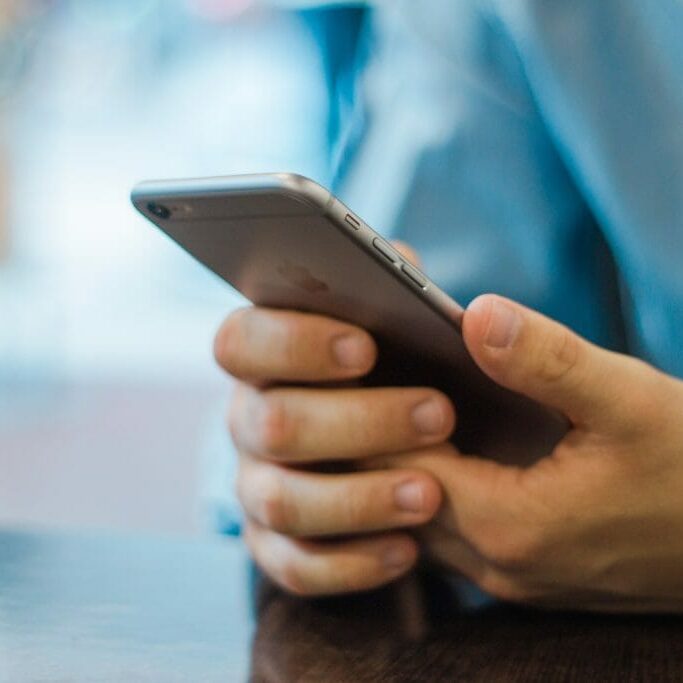
Put your cellphone away
It's easier to eat with two hands anyways
I worked as a server at Smitty’s Restaurant over the summer; I served pancakes and decaf coffee to cranky old seniors who were obnoxiously demanding. Their coffee not hot enough, pancakes not fluffy enough, eggs not poached soft enough – nothing was enough! As the summer progressed and my patience grew thin, there was this recurring trend that caught my attention: using cell phones during meal times among the younger demographic.
When families would have meals together, I could see that they weren’t engaged in conversation with one another. Instead, they were busy checking their Facebook, Instagram, Snapchat, Twitter, emails or whatever else I’m sure they’re checking.
I don’t want to make a generalization for all families, but cell phone usage during meal times was becoming the norm. Rarely did I see families sans cell phone during a meal and take the time to converse with one another.
In 2015, Time Magazine published an article aptly titled, Everybody Hates When You Use Your Phone at Dinner.
The article draws on comprehensive research completed by Pew Research Centre that surveyed 3000 adults. The results indicate that 82 per cent of the respondents conclude that using a phone in a social setting hinders on conversation.
Ironically, 89 per cent of the respondents also confessed that they have used their cell phones at a social gathering for texting and so forth. With regard to using cell phones at the dinner table, only 16 per cent said that it was appropriate. The article is a couple of years old, but its merit still stands. I noticed that people were so consumed by their cell phones, that they were less cognizant of whoever they were interacting with during their meals at Smitty’s.
I remember vividly, serving a family of four and the parents would not stop using their cell phones. Their two young children kept trying to converse with their parents about their summer camp plans.
The parents didn’t even look up from their phones to acknowledge their children.
All they said was, “mhm.”
There’s value in engaging in conversations with other people, be it family, friends, or co-workers. You are able to develop deeper connections with them by taking the time to get to know them, and asking them questions that reveal more about who they are as individuals.
This connection also improves mental health. Countless studies have demonstrated that individuals with deep social connections have stronger physical health and psychological well-being.
As the scholar Brené Brown once said, “we are biologically, cognitively, physically, and spiritually wired to love, to be loved, and to belong. When those needs are not met, we don’t function as we were meant to. We break. We fall apart. We numb. We ache. We hurt others. We get sick. We are profoundly social creatures.”
If we are too preoccupied with our cell phones, we’re hindering our social relationships because those social relationships need our time and attention to develop.
Don’t get me wrong, I think cell phones are fantastic – I don’t think I can live without mine. It’s my calendar, alarm, and radio. It keeps me connected to friends across the country, and so many other things. But there is a time and place for it –when you are out enjoying a meal with your friends or family is not it.






